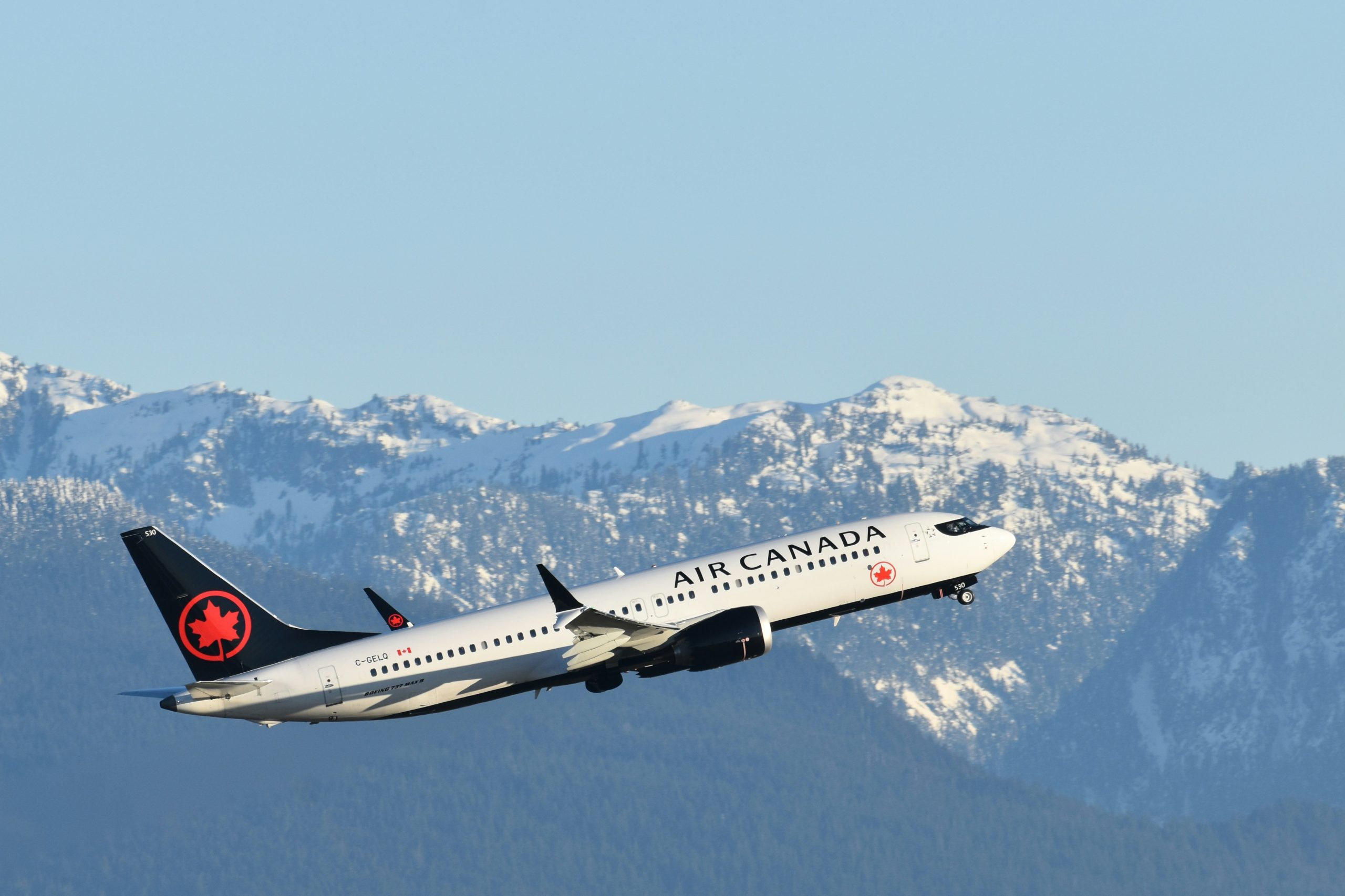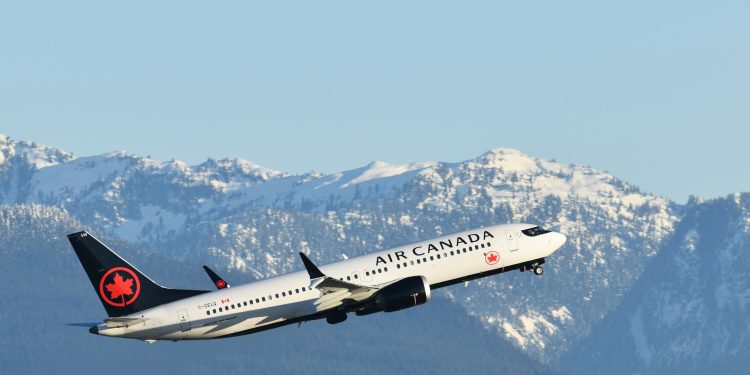The Canadian government is scrambling to prevent an Air Canada work stoppage that could ground flights for 130,000 daily passengers as early as Saturday. With the Canadian Union of Public Employees (CUPE) threatening to strike at 12:58 a.m. ET and Air Canada countering with a lockout notice, Jobs Minister Patty Hajdu has given both sides until Friday afternoon to accept binding arbitration under Section 107 of Canada’s Labor Code.
The dispute centers on unpaid work hours and wage increases, with CUPE demanding full pay for boarding time—currently uncompensated—while Air Canada claims the union’s proposals are financially unsustainable.
Passenger Chaos Expected: Which Flights Will Operate?
Air Canada has preemptively canceled flights ahead of the weekend deadline, warning of a complete operational shutdown by August 16 if no deal is reached. Only Air Canada Express routes operated by Jazz and PAL Airlines—serving just 20% of typical passenger volume—would continue.

The airline’s latest offer includes a 25% first-year wage hike and 38% total compensation increase over four years, but CUPE argues this benefits only senior crew members, leaving half their 10,000 members at Air Canada and Air Canada Rouge with just a 17.2% raise.
CUPE’s core demand—payment for all hours worked, including pre-flight boarding—would add roughly 35 paid hours monthly for attendants currently earning between $26-$58/hour. Air Canada’s compromise proposal offers half-pay for boarding time, which the union rejects as inadequate. “This isn’t just about wages—it’s about recognizing our labor has value from wheels-up to wheels-down,” said CUPE spokesperson Véronique Lalande. The airline maintains its proposal aligns with industry standards and warns further concessions could jeopardize pandemic recovery efforts.
Affected travelers are advised to immediately check Air Canada’s disruption portal for rebooking options. Under Canadian passenger protection regulations, those with canceled flights are entitled to refunds or alternate routing, though compensation for strike-related delays remains unlikely.
Travel insurance may cover additional costs if purchased before August 10—when strike notices became public. Experts advise booking with credit cards offering trip interruption coverage and monitoring WestJet (not currently in labor disputes) for last-minute seats.
Why It Matters
The looming walkout echoes Air Canada’s 2011 and 2018 labor disruptions, which cost the airline $22M and $15M daily, respectively. With summer travel at peak capacity, analysts predict this strike could exceed those impacts, particularly on Toronto-Pearson (YYZ) and Vancouver (YVR) hubs. The government’s arbitration push mirrors its 2012 back-to-work legislation, though legal experts note such measures now face stronger constitutional challenges.

















